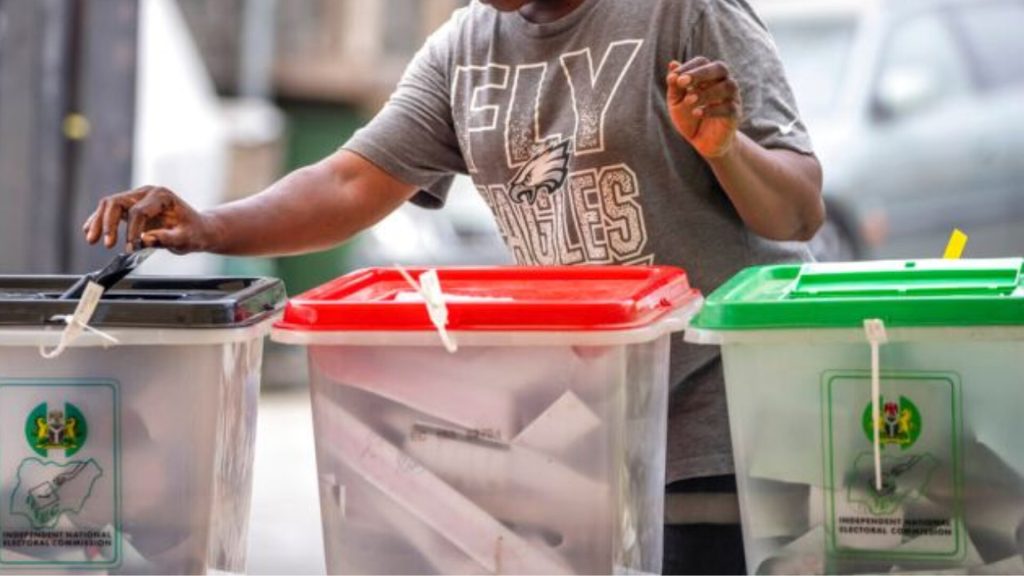Both general and off-cycle elections have marked Nigeria’s democratic journey since 1999, the latter emerging as a response to legal challenges and contested results.
These off-cycle elections are held when election results in states are overturned by the courts due to petitions filed by aggrieved politicians or parties.
In the country, general elections are held every four years. However, Nigeria currently has eight off-cycle governorship elections, which include Anambra, Bayelsa, Kogi, Edo, Ondo, Ekiti, Osun, and Imo states. These elections occur outside of the regular gubernatorial election cycle.
The history of off-cycle elections in Nigeria dates back to 2006 when Peter Obi contested the outcome of the 2003 elections in Anambra State. The legal battle that followed resulted in his eventual swearing-in as governor.
This trend continued with states like Bayelsa and Kogi in 2007, followed by Edo, Ondo, Ekiti, and Osun, where court rulings altered the political landscape. Imo State joined the off-cycle election trend in 2019, following the Supreme Court’s nullification of Emeka Ihedioha’s election.
The recent off-cycle elections held in Bayelsa, Kogi, and Imo states have raised concerns regarding the legitimacy of the electoral process and voter participation.
According to ICIR, the voter turnout was only 35.59 per cent of the registered voters in those states, which highlights the possibility of voter apathy and disenchantment with the electoral process.
It is worth noting that those states have a combined population of 12 million people, and only 36 per cent of registered voters with Permanent Voters Cards (PVCs) cast their votes.
Drawing parallels with Kenya, an African country which has a more staggered election process raises questions about the effectiveness of Nigeria’s current election model. In Kenya, elections are held at different times for various positions, reducing the strain on electoral resources and enhancing the focus on specific issues relevant to each election.
This recurring pattern of off-cycle elections in Nigeria and its effect on democracy prompts a crucial debate on whether this practice should be scrapped.
The legal disputes, possible reduction in voter turnout, and pressure on electoral resources have caused disruptions that demand reevaluating our election system. One solution to prevent the need for unscheduled elections and ensure a smoother transfer of power is to address any election-related issues before the inauguration.
To strengthen Nigeria’s democratic process, there is a need for comprehensive electoral reforms. These reforms should address issues related to pre-election litigation, ensuring that legal challenges are resolved before candidates assume office. Simultaneously, adopting a staggered election system, as seen in other democracies, could provide a more efficient and manageable approach, enhancing the credibility of the electoral process.
Though a product of legal contestations, off-cycle elections in Nigeria have brought challenges to light in the current electoral system. As the nation reflects on the recently concluded elections in Bayelsa, Kogi, and Imo, it is imperative to consider reforms prioritising the integrity of the electoral process, civic engagement, and efficient governance. The call for scrapping off-cycle elections and adopting a staggered election model warrants serious consideration to build a more robust and accountable democratic system.
